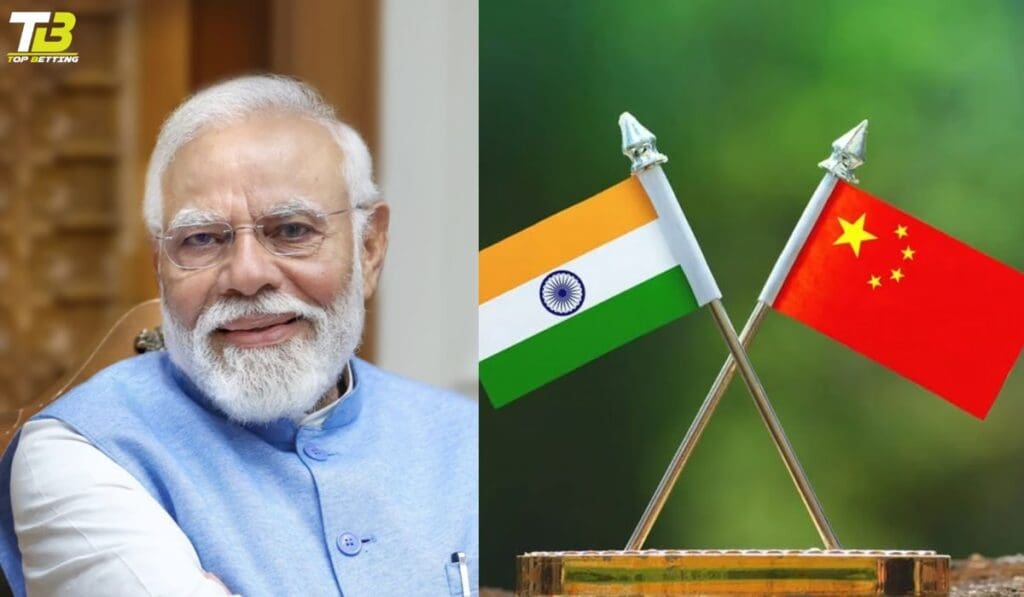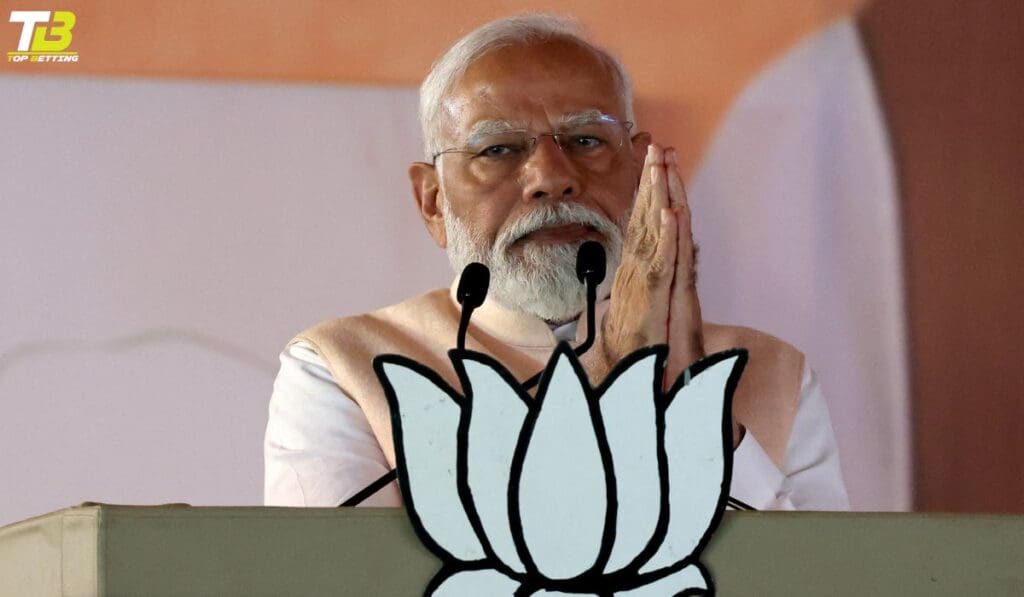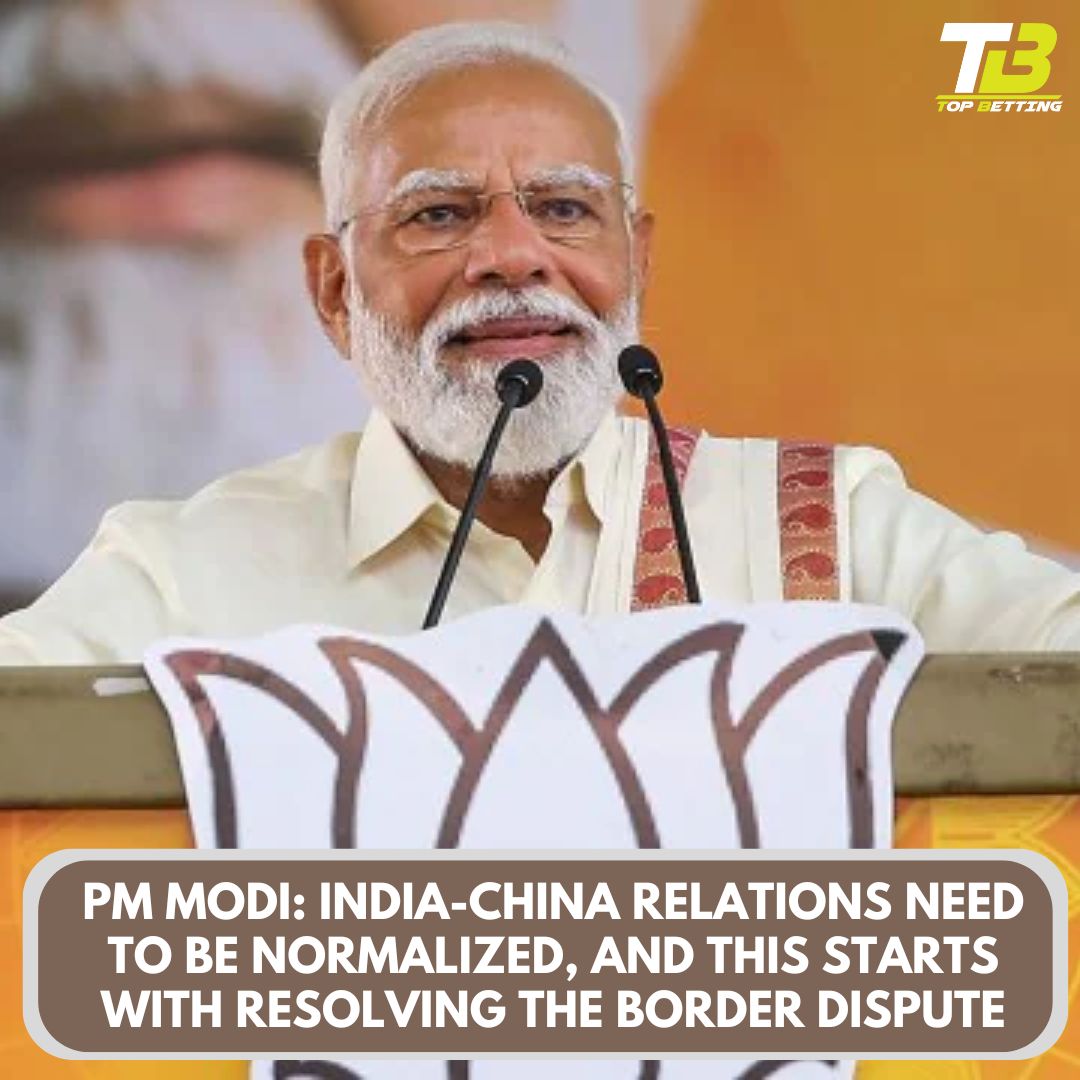
India-China relations need to be normalized | PM Modi
Introduction
India and China, two Asian giants, share a complex and significant relationship that has far-reaching implications for the region and the world. Prime Minister Narendra Modi has emphasized the importance of stable and peaceful relations between the two countries, highlighting the need to urgently address the prolonged border situation. In this article, we will delve into the key aspects of India-China relations, the border dispute, and the potential for restoring peace and tranquility through constructive engagement.
Historical Context
India and China have a long history of cultural, economic, and diplomatic exchanges dating back centuries. However, the modern geopolitical dynamics and territorial disputes have presented challenges to their relationship. The border dispute, particularly in the eastern Ladakh region, has been a source of tension between the two nations.
The Importance of India-China Relations
Prime Minister Modi has consistently emphasized the importance and significance of the relationship between India and China. He recognizes that stable and peaceful relations between the two countries are not only crucial for their own prosperity but also for the entire region and the world at large. India’s rise as an emerging superpower and its growing diplomatic, scientific, and military weight make it an indispensable player in the global arena.
Urgent Need to Address the Border Situation
The prolonged border situation between India and China has disrupted bilateral interactions and created an abnormality in their relationship. Prime Minister Modi stresses the urgency of resolving this dispute to restore normalcy and pave the way for constructive engagement. He believes that through positive and constructive bilateral engagement at the diplomatic and military levels, India and China can restore peace and tranquility at their borders.
Diplomatic and Military Engagement
To address the border situation, both countries need to engage in diplomatic and military dialogue. The Prime Minister emphasizes the significance of these engagements in restoring and sustaining peace. He believes that through dialogue and cooperation, India and China can find common ground and work towards resolving their differences. This approach aligns with India’s commitment to peaceful coexistence and mutual respect.
The Indo-Pacific Security Landscape
The Indo-Pacific region plays a vital role in global trade, innovation, and growth. The security of this region is not only important to India and China but also to the entire world. Prime Minister Modi recognizes the need for stability and security in the Indo-Pacific and advocates for maintaining peace and tranquility in the region. India’s active involvement in various international groupings, such as the Quad, reflects its commitment to working with like-minded countries on shared positive agendas.
India’s Manufacturing Potential and Diversifying Supply Chains
Prime Minister Modi highlights India’s appeal as a manufacturing hub and a natural choice for those looking to diversify their supply chains. India’s strengths, including its vast domestic market and competitive production costs, make it an attractive destination for global manufacturers. The government’s focus on initiatives like Make in India and Atmanirbhar Bharat further enhances India’s potential to become a global manufacturing powerhouse.
Economic Cooperation and Trade
While the border dispute has posed challenges to India-China economic cooperation, both countries recognize the importance of trade and economic ties. Prime Minister Modi acknowledges the economic interdependence between India and China and emphasizes the need for positive and constructive engagement in this realm. Strengthening economic cooperation can benefit both nations and contribute to regional and global economic growth.
Cultural Exchanges and People-to-People Connections
Beyond political and economic dimensions, cultural exchanges and people-to-people connections play a crucial role in fostering understanding and friendship between nations. Prime Minister Modi encourages cultural exchanges between India and China, recognizing the value of promoting mutual respect, cultural heritage, and shared values. Such exchanges can contribute to building trust and strengthening the foundation of the bilateral relationship.

The Role of Media and Public Opinion
Public opinion and media play a significant role in shaping perceptions and influencing the discourse on India-China relations. Prime Minister Modi acknowledges the importance of a vibrant media landscape and a robust feedback mechanism in a democratic society like India. He appreciates the role of media in facilitating informed discussions and promoting a deeper understanding of complex issues.
Looking Ahead: Opportunities and Challenges
India and China face both opportunities and challenges in their bilateral relationship. While the border situation remains a critical challenge, the potential for economic cooperation, cultural exchanges, and diplomatic engagement provides opportunities for the two nations to build a more stable and peaceful relationship. Prime Minister Modi remains optimistic about the future and the potential for India and China to work together towards common goals.

Conclusion
The stability and peaceful relations between India and China are of paramount importance for not only the two countries but also for the entire region and the world. Prime Minister Modi’s emphasis on addressing the border situation urgently and restoring peace through constructive engagement demonstrates India’s commitment to resolving the challenges and building a stronger relationship with China. By leveraging opportunities for economic cooperation, cultural exchanges, and diplomatic dialogue, India and China can pave the way for a more prosperous and harmonious future.










